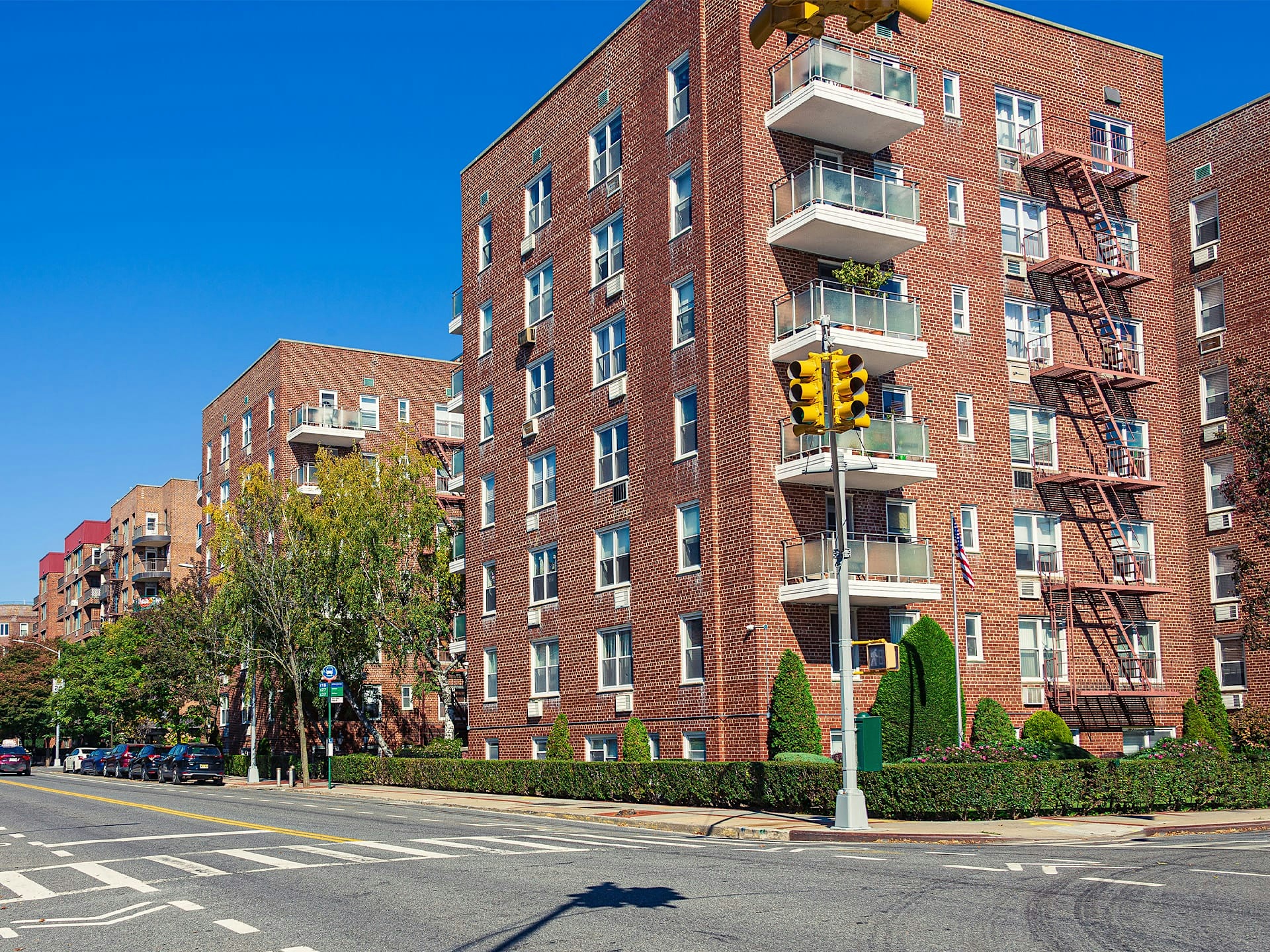What Makes Condo Law Different
Unlike a cooperative structure, where shareholders lease their units, condominium unit owners hold fee simple title to their apartments. This ownership typically extends from the interior surfaces of the floors, ceilings, and walls inward. In addition to their private unit, each owner also receives an undivided interest in the condominium’s shared property—commonly referred to as common elements. That interest is determined by a variety of factors, including the unit’s size and any designated exclusive-use areas like balconies, patios, or private parking spaces. Owners benefit from access to these common amenities, while also sharing in the costs to maintain them.
Governance and Legal Framework
A condominium is governed by a Board of Managers, which oversees the administration of the building in accordance with its governing documents. These include the Declaration, By-Laws, and House Rules, all of which must conform to the requirements of New York’s Condominium Act. To keep the building running, the Board imposes common charges and special assessments. These fees are used for repairs, capital improvements, utilities, and general upkeep.
Unit owners pay in proportion to their interest in the common elements. Because condo law is governed by both contractual documents and state statute, Boards must understand how to interpret and apply the Condominium Act alongside their governing provisions. When questions arise—whether about maintenance obligations, board authority, or financial decisions—referencing the Act is essential. Clear legal interpretation and precise governance are crucial to preventing disputes and maintaining operational stability.











